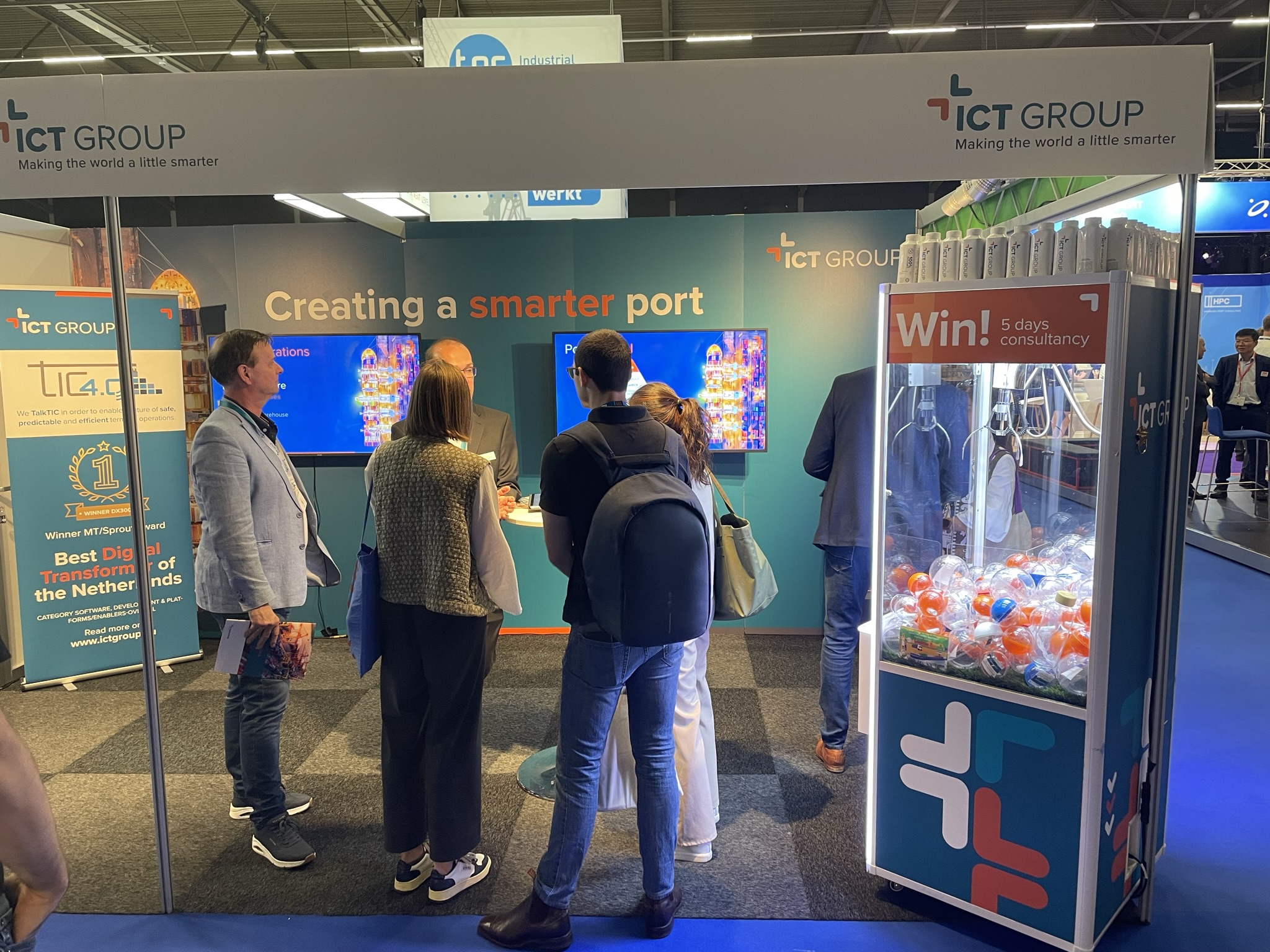
News
Gaining control over your order and production planning is by no means an illusion
- 17 June 2016
Incorrect and late orders
Miscommunications between production order planning and actual production often have a two-way impact. To begin with, the transfer of information from production order planning to the production department often leaves much to be desired. The planning department transfers the highly accurate monthly, weekly and daily planning schedules they prepare in the ERP systems (SAP, etc.) to the production floor. Because there’s no automated interface between the ERP system and the production department’s operating system, the information is often transferred by means of paper-based order lists and Excel sheets. Unfortunately, this is where errors often creep in.
Errors can range from production not entering the order correctly in their systems or not receiving crucial information, such as a rush order that needs to be handled with priority or a production line that requires prior cleaning because of contamination risks. In short, they don’t have all the information they need. Because of this, there is a risk of production planning starting to process the wrong orders and/or processing them in an incorrect sequence. This can result in orders not complying with customer specifications and/or getting delivered late.
Truck arrives in vain
The lack of feedback on the progress of order processing from the production floor to the order planning department is also an obstacle when it comes to Smart Manufacturing. For instance, if an order is delayed due to production problems, order planning is often not notified. And if a notification is sent, it’s usually too late. This can result in late delivery of the order or a client’s truck waiting in vain at the factory.
Moreover, production failing to report on actual usage of resources (materials, human resources) to order planning often leads to problems, for instance material shortages. Order planners calculate the quantities of materials theoretically required, but in actual practice this can naturally turn out different if, for instance, part of a batch is rejected and has to be produced again. If this information is not passed on to the order planners, they won’t know the actual stock levels and will be unaware of the fact that stock may need to be replenished. I all too often encounter factories whose production processes fail because of unanticipated raw material shortages.
Learn to see a blind factory
The communication problems between ‘the office’ and ‘the factory’ often render organizations ‘blind’ when it comes to controlling their factory, as they don’t have a clear picture of the factory’s operations. In order to be in control it is absolutely essential to have this insight. A tried-and-tested solution is to automate order planning (in ERP) and the detailed production planning, and to integrate them into a single planning module. Because this module allows two-way communication, it facilitates the continuous and dynamic process of planning, production, possible re-planning and production, etcetera. A system of this type provides unambiguous, transparent order information throughout the order process. In addition, a dashboard with a GANTT chart – a graphical representation of an order process – shows an order’s progress and production sequence. The planning module can also be used to simulate order scenarios that monitor resource levels (human resources, raw materials, machines, etc.), facilitating optimized scheduling efficiencies.
Gaining control over your planning and production will really bring Smart Manufacturing within your reach. ICT Group can assist you in achieving this. We can visualize your work processes, reveal possible issues, and offer you relevant solutions similar to the solutions described above.



